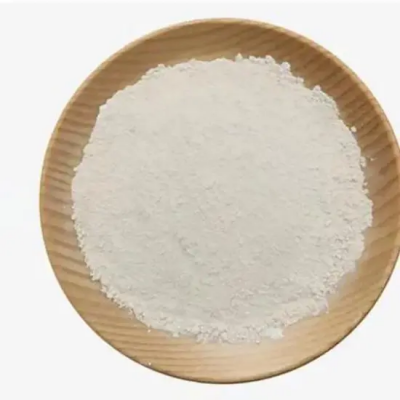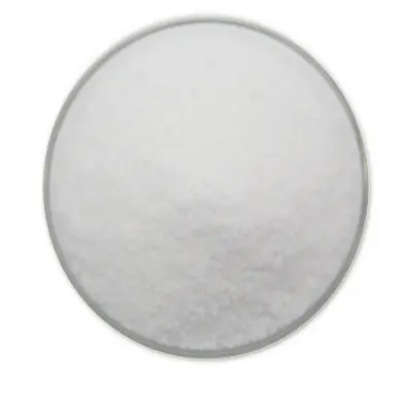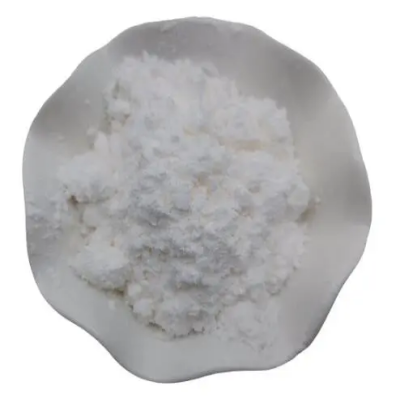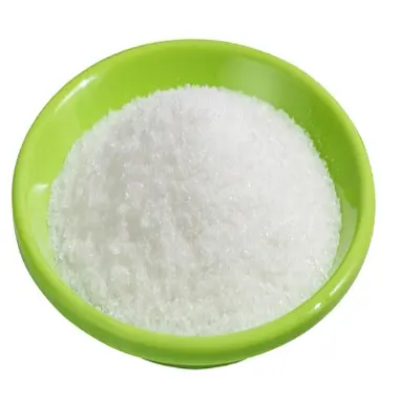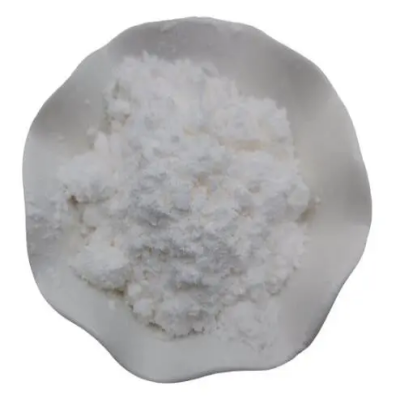Geneticin disulfate (G418 sulfate) CAS:108321-42-2
In laboratory settings, geneticin disulfate (G418 sulfate) is commonly utilized in cell culture experiments to select and maintain cell lines containing expression vectors with resistance genes, such as neomycin phosphotransferase. These cells can survive in the presence of geneticin disulfate due to the expression of the resistance gene, allowing researchers to isolate and study genetically modified cell populations. Researchers employ geneticin disulfate in various applications, including stable cell line generation, gene editing techniques like CRISPR-Cas9, and recombinant protein production. By incorporating geneticin disulfate into the culture medium, specific cell populations can be enriched or isolated based on their ability to survive antibiotic selection. Optimizing the concentration and duration of geneticin disulfate treatment is crucial to achieve selective pressure while minimizing cytotoxicity and off-target effects on non-transfected cells. Careful monitoring of cell viability, growth characteristics, and gene expression patterns helps ensure successful experimental outcomes when using geneticin disulfate in cell culture studies. Researchers must follow established protocols for geneticin disulfate use, including appropriate dosing, handling, and disposal procedures, to maintain laboratory safety standards and promote accurate scientific results. Collaboration among scientists, laboratory personnel, and regulatory authorities supports responsible and effective utilization of geneticin disulfate in molecular biology research, advancing our understanding of cellular processes and genetic manipulation techniques.



| Composition | C20H42N4O14S |
| Assay | 99% |
| Appearance | white powder |
| CAS No. | 108321-42-2 |
| Packing | Small and bulk |
| Shelf Life | 2 years |
| Storage | Store in cool and dry area |
| Certification | ISO. |


